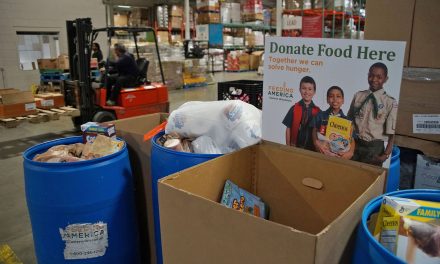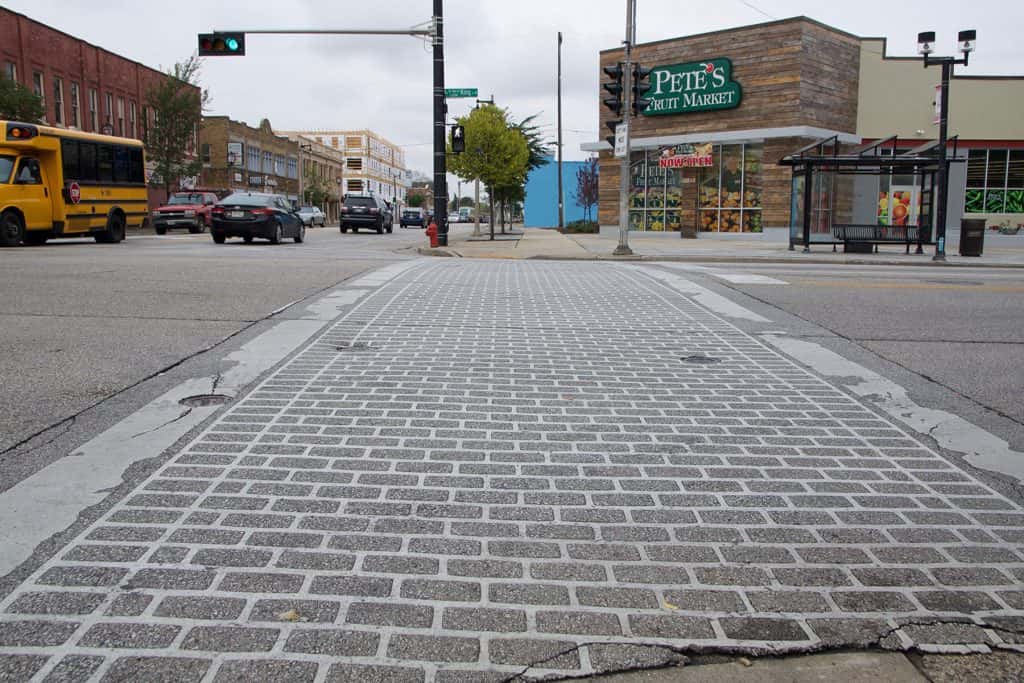
County Executives from across the State of Wisconsin sent a letter on August 3 to members of the Wisconsin Congressional Delegation to request direct and flexible funding for local governments.
The request comes as Congress debates the next round of federal coronavirus relief funding, the Senate version of which currently does not include any money for local or state governments.
“In Milwaukee County alone, needs may reach $300 million as lost revenue, re-opening costs, expanded service demands and racial disparities continue to increase,” said Milwaukee County Executive David Crowley. “Without additional direct and flexible funding, Milwaukee County – the economic engine of Wisconsin – will not be able to address the needs of our businesses and residents.”
Signatories to the letter include County Executives from Brown, Dane, Fond du Lac, Milwaukee, Outagamie, Portage, Racine, Kenosha, and Winnebago Counties – a bi-partisan coalition including leaders from across the State of Wisconsin.
“There is an urgent and critical need to provide additional funding to County governments,” said Mark O’Connell, Executive Director of the Wisconsin Counties Association. “The COVID-19 pandemic has placed an unprecedented strain on local governments, local budgets, and the families and businesses these governments serve. This strain will reach a breaking point without relief.”
The letter urged Congressional Representatives and Senators to support the local governments, including counties, that are responsible for providing frontline services to residents – running emergency management operations, operating local health departments, administering pubic testing sites, and providing public health information – in addition to the regular services that residents rely on in more normal times.
The pandemic has resulted in dramatic increases in the demand for critical services all over our country. Here in Wisconsin, county governments are on the frontlines, running emergency management operations, operating local health departments, administering public testing sites, supporting local hospital operations and nursing homes, and providing public health information to the residents and businesses that call our communities home.
These urgent and critical services come at a high cost and will place a significant and sustained stress on county budgets. We are providing critical and costly crisis services, and while these service needs continue to grow, our revenue supporting these services are plummeting.
To make up for revenue losses, we’ve cut budgets and reduced non-critical operating costs as much as we can. Further cuts are unsustainable and will negatively affect our ability to respond to this crisis. The State of Wisconsin requires Wisconsin Counties to provide local and state services, including health and human services, transportation maintenance, juvenile corrections and state court operations, meaning that nearly 90% of each of our county budget expenditures are mandated by the state on an annual basis.
Without additional federal assistance, counties will be forced to quickly take dramatic actions that will have significant public health and economic consequences. Similar to the Great Recession, the combination of reduced essential services, layoffs, and reduced local spending, will unnecessarily prolong suffering and stunt economic growth.
The bottom line is we cannot continue to do more with less. In the fourth COVID-19 legislative package, we are asking for additional direct and flexible funding to local governments. This support is critical to address the fiscal, economic, and health crises facing Wisconsin counties, our residents, and our businesses.
In recent weeks, support for local and state funding has come a wide range of voices, illustrating the bi-partisan and critical nature of this issue. These voices include Republicans and Democrats, urban and rural county leaders, business and labor groups, Governor Tony Evers and former Governor Tommy Thompson, all urging the Wisconsin Congressional Delegation to support additional federal relief for state and local governments.
© Photo
Kayle Kaupanger














